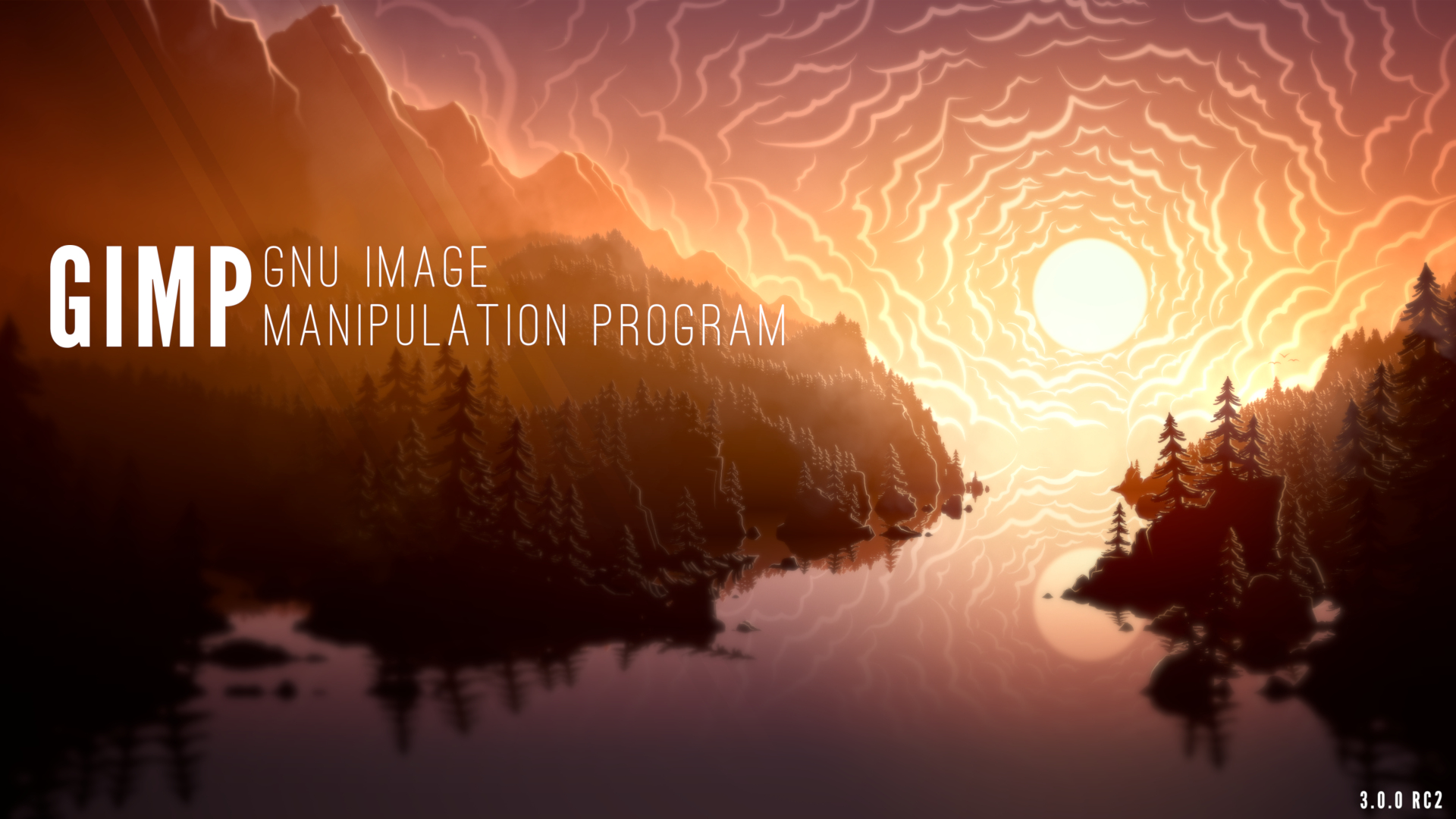Installing Linux Doesn't Need to Change. The Experience Does.
 Leaflet @ that_leaflet @lemmy.world Posts 261Comments 370Joined 2 yr. ago
Leaflet @ that_leaflet @lemmy.world Posts 261Comments 370Joined 2 yr. ago

Leaflet @ that_leaflet @lemmy.world
Posts
261
Comments
370
Joined
2 yr. ago
This Week in Gnome #187 Triple Buffered Notifications | Triple Buffering Merged for Gnome 48














A person can only specialize in a small number of things.
I’m happy to learn about computers, but when it comes to, say, cars, I have no desire to learn. If I have a car problem, I don’t have the knowledge of how to even look up a problem.